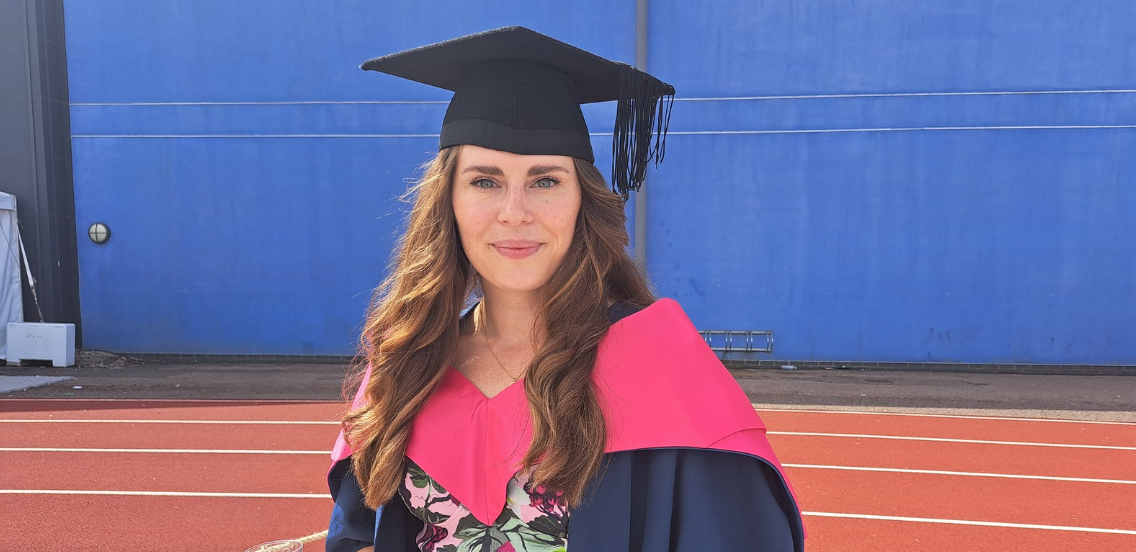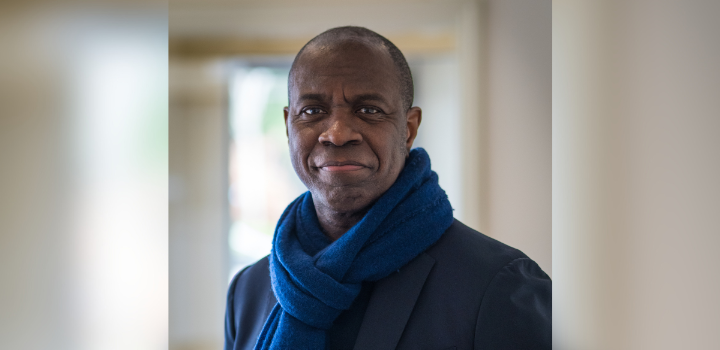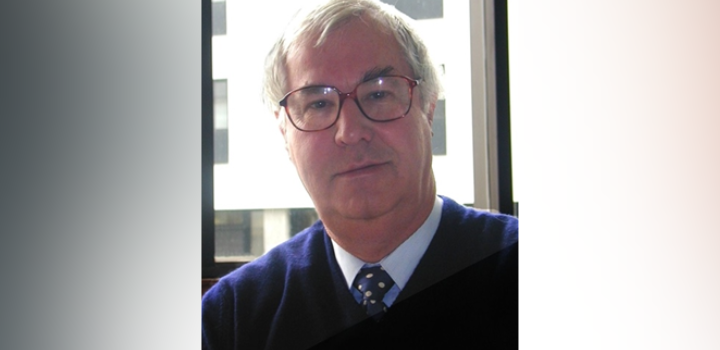Tributes paid to former UEA Vice-Chancellor
By: Communications

The University of East Anglia, Sainsbury Centre and Sainsbury Institute for the Study of Japanese Arts and Cultures are deeply saddened to hear of the passing of former Vice-Chancellor, Dame Elizabeth Esteve-Coll.
Dame Elizabeth was Vice-Chancellor at University of East Anglia (UEA) from 1995 to 1997. She was the University’s first female Vice-Chancellor and served as a board member for both the Sainsbury Centre and the Sainsbury Institute for the Study of Japanese Arts and Cultures, the latter of which she helped to found in January 1999.
She was made a Dame Commander of the Order of the British Empire in 1995 and awarded an Honorary Doctorate from UEA in 1997. In 2005, she received the Order of the Rising Sun, Gold Rays with Neck Ribbon in recognition of her ‘outstanding contribution to the promotion of Japanese culture and studies to the British People’.
UEA Vice-Chancellor Prof David Maguire said: “We are extremely sad to hear of Dame Elizabeth’s passing. Dame Elizabeth leaves a significant legacy of progress across the university’s education and research.
“She drove forward many ground-breaking partnerships and projects, particularly in the fields of arts and culture, which were not only visionary, but which have become true strengths of UEA.
“She will be fondly remembered by all in our community and I would like to record my enormous gratitude for her contribution to UEA.”
Dr Jago Cooper, Director of the Sainsbury Centre, said: “Dame Elizabeth was a trailblazing force for innovation across the arts and culture landscape of the UK. I thoroughly enjoyed working with her on the Sainsbury Centre Board where her infectious enthusiasm was always an active and positive force for us all. We have immense gratitude for all that she has contributed over the years.”
Professor Simon Kaner, Executive Director of the Sainsbury Institute for the Study of Japanese Arts and Cultures; and Director of the Centre for Japanese Studies at UEA, said: “Everyone involved with the Sainsbury Institute is deeply saddened by the passing of this great lady whose engagement with Japan spanned more than 60 years. There would have been no Sainsbury Institute without her.
“She was a tremendous champion of Japanese arts and cultures in the UK and an inspiration to all of us in the field. To paraphrase the great Haiku poet Bashō, may her dreams continue their wandering.”
Prior to her time at UEA, she was the first woman director of a national arts collection when she was appointed as director of the Victoria and Albert Museum in 1987. She was also the first female director of the University of Surrey library in the early 1980s. She served as Chancellor at the University of Lincoln from 2000–2007.
Related Articles

A graduate’s apprenticeship journey from ‘imposter’ to award‑winning strategic leader
For National Apprenticeship Week 2026, UEA is shining a spotlight on graduate Anna Tanner, whose experience on UEA’s apprenticeship and MBA programmes helped to transform her confidence and leadership style.
Read more
Multi-award-winning journalist Clive Myrie visits UEA for in-conversation event
Learn more about the chance to meet and hear from one of the BBC’s most experienced and recognised news presenters at a special event in May.
Read more
Remembering Professor Stuart Penkett
Friends and colleagues at UEA were saddened to learn of the death of Stuart Penkett, Emeritus Professor of Environmental Sciences, who passed away at the start of January.
Read more